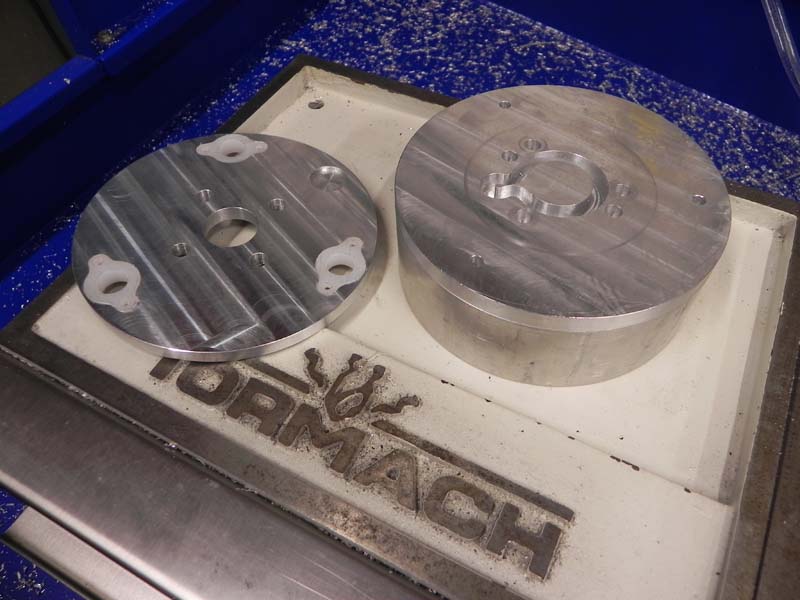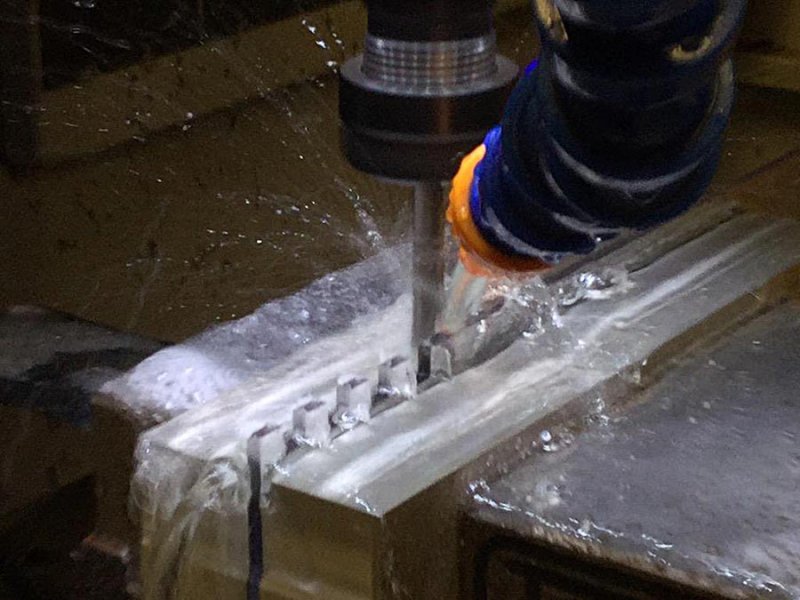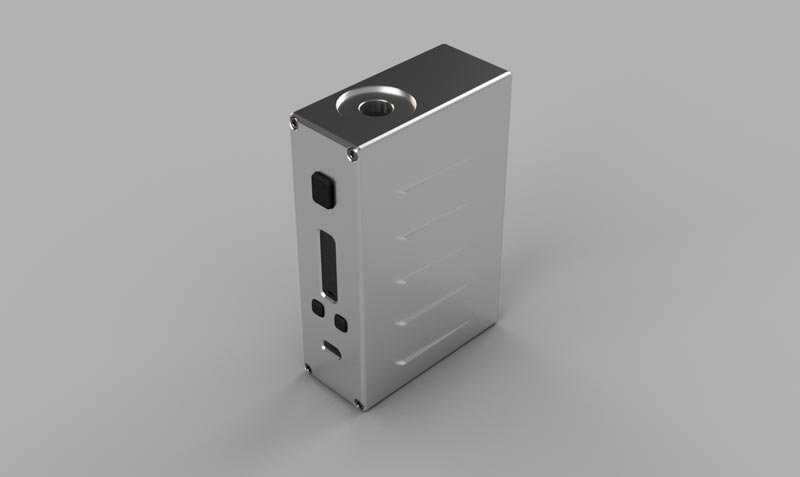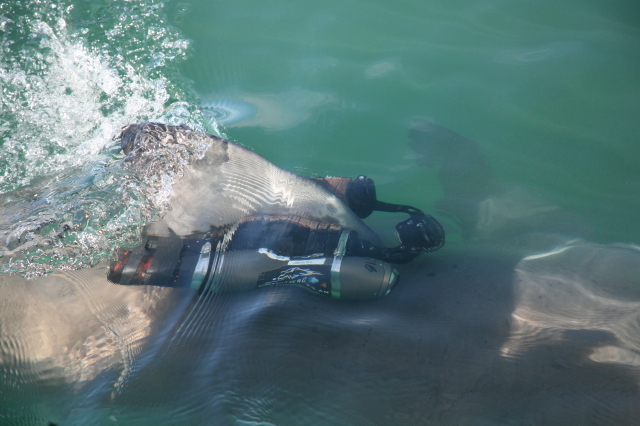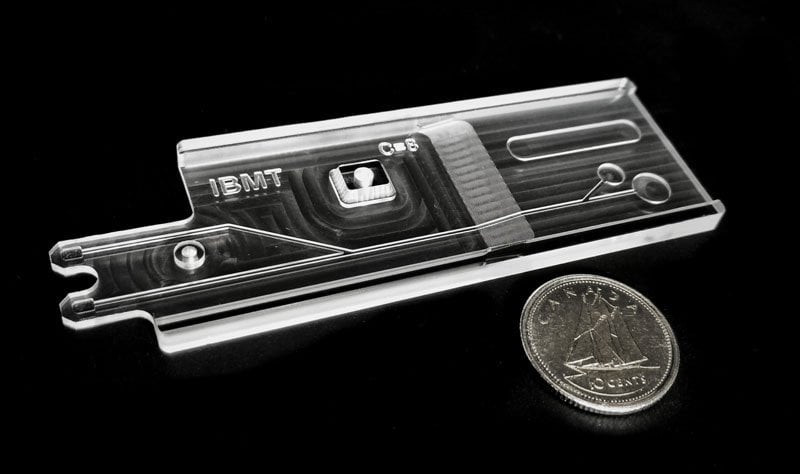As many brick-and-mortar stores are seeing sales drift online and websites like Kickstarter are helping to decide where the market is headed, personal manufacturing has moved from the wave of the future to a tool of production. The “Now Economy” has produced consumers that expect their goods to be high-quality and arrive quickly, which can sometimes be a challenge for traditional manufacturers.
